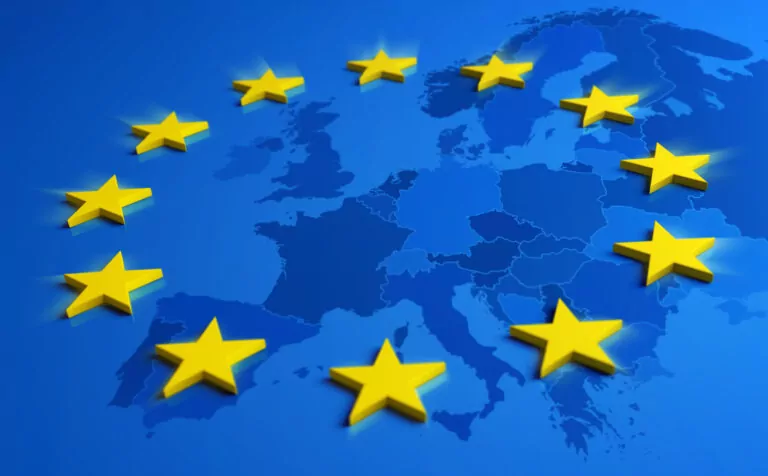Add to favorites:
Share:
This funding call under Horizon Europe aims to foster the creation of urban co-creation spaces and living labs focused on transforming food systems for sustainability. Projects will support the development of policies, business models, and market conditions that drive inclusive urban food systems aligned with the European Green Deal and EU biodiversity strategies. The proposals should focus on enhancing skills for sustainable diets, improving local governance for social inclusion, and strengthening communities' resilience to access and choose sustainable food. Successful projects will contribute to sustainable and healthy diets, innovation, and circular food economies in urban contexts, targeting vulnerable groups such as the elderly, young people, and marginalized communities. The call encourages participation from a diverse range of stakeholders, including citizens, farmers, researchers, and local authorities, promoting collaboration and learning across EU-funded projects. Key activities include establishing community gardens, small-scale urban agriculture, and using AI for impact assessment in food system transformation.
Opening: 06-05-2025 Deadline(s): 04-09-2025
Data provided by Ghent University
This funding opportunity represents a pre-agreed draft that has not yet been officially approved by the European Commission. The final, approved version is expected to be published in the first quarter of 2025. This draft is provided for informational purposes and may be used to preliminarily form consortia and develop project ideas, but it is offered without any guarantees or warranties.
Expected Outcome
• Enhanced skills and problem-based learning to change food cultures and behaviors.
• Improved local governance for social inclusion and social economy in urban areas.
• Better understanding of the local policy mix and strategies for supporting consumer behavior change toward sustainable diets.
Scope
• Create innovative living labs and co-creation spaces involving society to promote healthy, affordable, and sustainable diets.
• Promote community gardens and small-scale urban agriculture to build skills and share best practices.
• Enhance participation of vulnerable groups (young people, elderly, migrants, minorities) in food initiatives.
• Utilize social media and partnerships with food experts to make healthy food more attractive.
• Involve local and regional governance for structural change and participatory processes.
• Build networks and collaborate with other EU projects for knowledge exchange.
• Implement data monitoring approaches like machine learning and AI for impact assessment.

